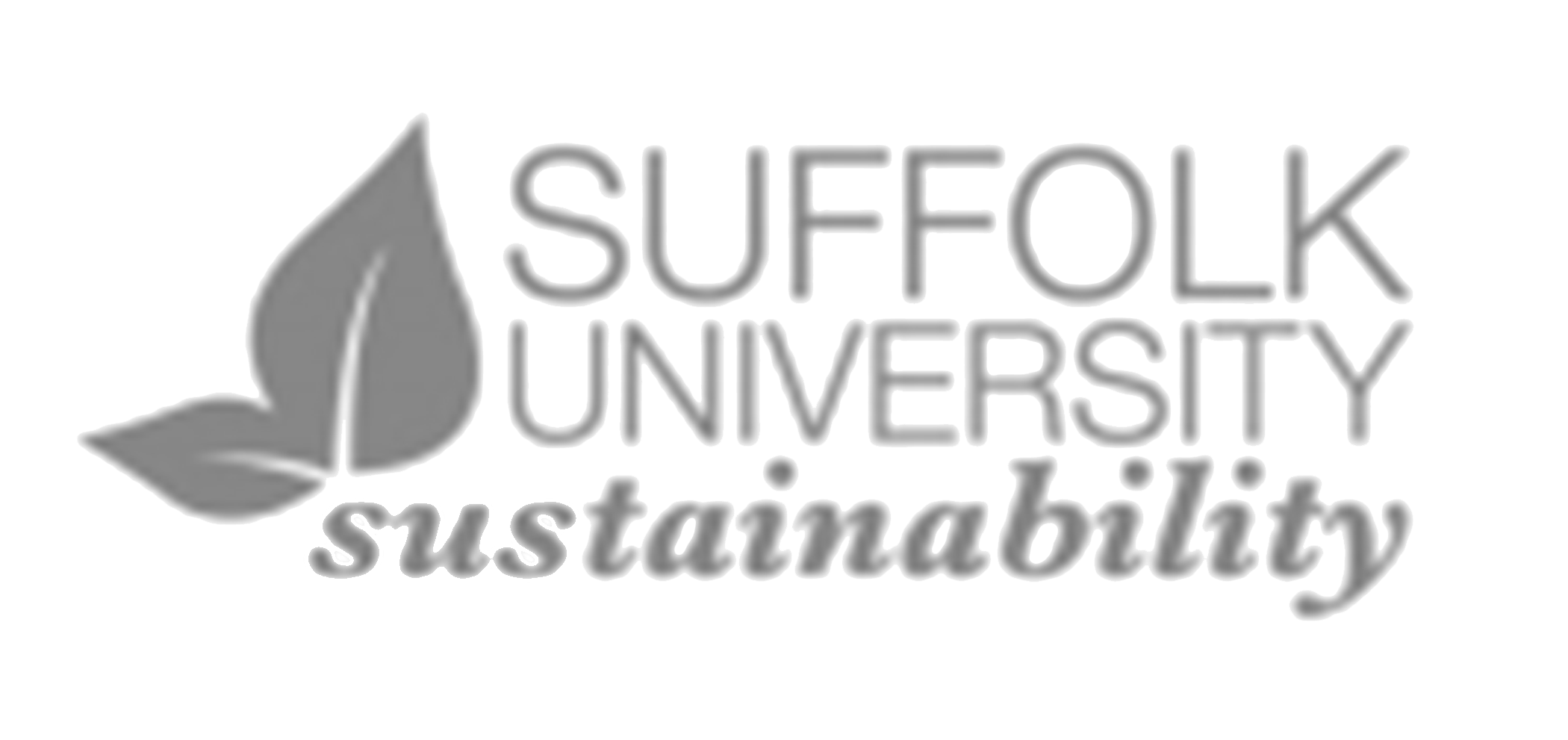Suffolk University is known to be a great school in its sustainability efforts and has received various awards and recognitions since the mid-2000s. For example, this year Suffolk was rated by the Princeton Review to be in the top 361 Green Campus Colleges out of over 2,000 surveyed. This review was broken down not just by recycling, but also by the school’s overall efforts for sustainability, such as offering classes geared toward a greener environment and energy efficient buildings. However, there is some disconnect between the praise the university has received and the lack of recycling representation on campus.

Recycling bins are located in every building on campus in hopes to increase student and faculty recycling yet the Suffolk recycling website has not been updated since 2012. Additionally, the university’s last sustainability plan was for 2015, which means that no new programs have been put in place for at least a year. The Journal reached out to the Facilities Office but as of recent has not received a reply.
One maintenance worker, who is stationed in the Modern Theater and 10 West residence halls, said to a Journal reporter that they take the recycling and trash downstairs to the maintenance room and sort them into different bigger bins, depending on if the waste is recyclable or not. Then, every Tuesday and Friday the recycling is brought off campus to be recycled through an outsourced company. Trash is picked up every day, and on days where both recycling and trash are taken out;,separate trucks take the sorted waste.
The Association for the Advancement of Sustainability in Higher Education (AASHE) reported that for 2016, Suffolk is “composting more than 80 tons of food scraps annually.” This data has not been updated on the Suffolk dining webpage.
It was noted by the interviewed worker that at the end of every day the food is required by the university to be thrown into a bin for composting, which is picked up one to two times per week by an outside company. Further, all cups and plates are recyclable, so students can recycle them once they are done eating. The problem is that Suffolk’s webpage for recycling is so outdated, it is not actually stated anywhere where the outsourced companies are taking the waste.
If students saw the impact they are making on their community by composting and recycling, for example a video showing where Suffolk waste goes, more students might actively recycle.
Coinciding with workers in the residence and dining halls, it is apparent that the data that AASHE collected was based on actual evidence. However, Suffolk needs to step up their game if we are going to stay competitive in our sustainability efforts. New programs should be put in place to increase recycling around campus to encourage students and faculty to recycle more. Actively encouraging students to save energy, such as turning off lights when they are not being used and having separate bins for recycling, trash and composting in their dorm rooms, would significantly cut back the energy that we use as a university.
Suffolk should also invest more time into their websites to be able to show the students how significant their small efforts to recycling are to not just their campus community, but the Boston community as well. The university’s website should be updated with true statistics and numbers that support the importance of our sustainability efforts, which will not only encourage students to get involved but will also set clear goals that Suffolk can reach in order to recycle and compost more than the previous year. While Suffolk University is doing well with their recycling and sustainability efforts, we could be doing so much better.







